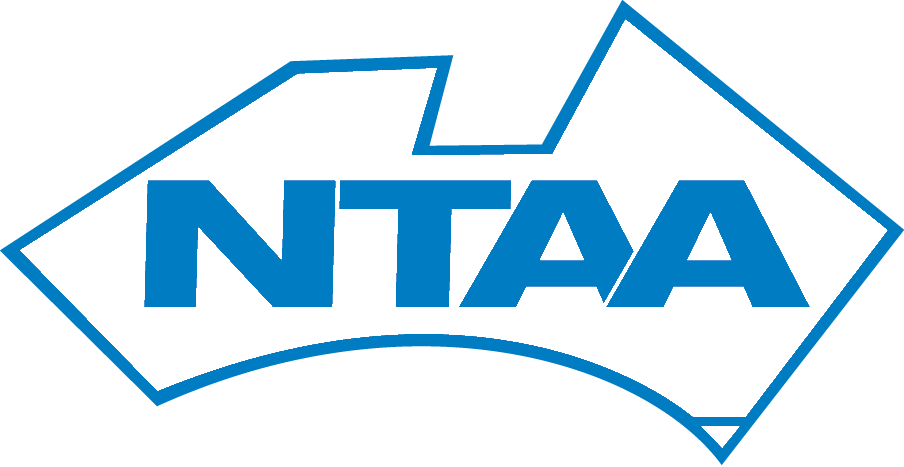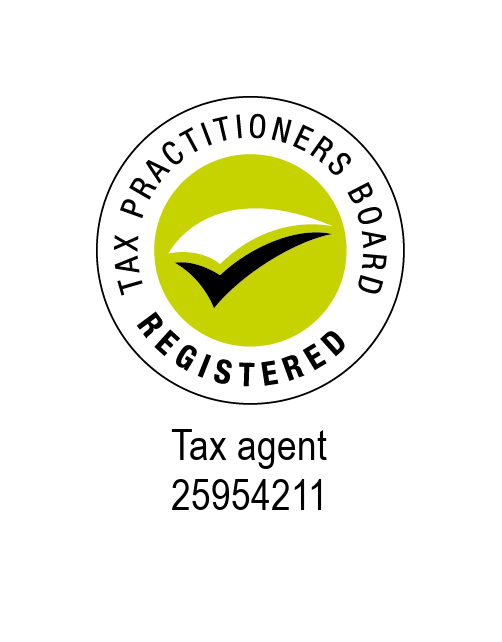As seen in Woopi News January 2022
If you’re an existing director of a Company at 31st October 2021, you have until 30th November 2022 to apply for your director ID. New directors added after 1st November 2021 have just 28 days to apply and eventually from 5th April 2022, you will require a director ID before you become a director. You will need a director ID if you are an eligible officer of a company, a registered Australian body, or a registered foreign company under the Corporations Act 2001 (Corporations Act).
You don’t need a director ID if you are a company secretary or shareholder but not a director, running a business as a sole trader or partnership, referred to as a ‘director’ in your job title but have not been appointed as a director under the Corporations Act. If you’re not sure, please check www.abrs.gov.au for more information.
Before you can apply, you first need to verify your identity on the myGovID app (this is different to your myGov account). You need at least a standard or a strong identity strength to be able to use the app to obtain your director ID. You can achieve this with various forms of ID such as your Drivers Licence and Medicare card or Passport. There are phone and paper options if you are unable to use the app.
Once you have a verified myGovID, you will need a few additional pieces of information to complete your director ID application such as your tax file number (TFN), your residential address as held by the ATO, and information from two documents to verify your identity such as bank account details, an ATO notice of assessment or super account details and there are a few additional options. Once you have these items you can complete your application at www.abrs.gov.au.
Once you have obtained a director ID, you will be required to register this against any existing director appointments. Like your tax file number, your director ID It will be retained by you permanently so best to keep it secure.
Stasha Dunn - StaySharp Accounting
“Liability Limited by a scheme approved under Professional Standards Legislation”









